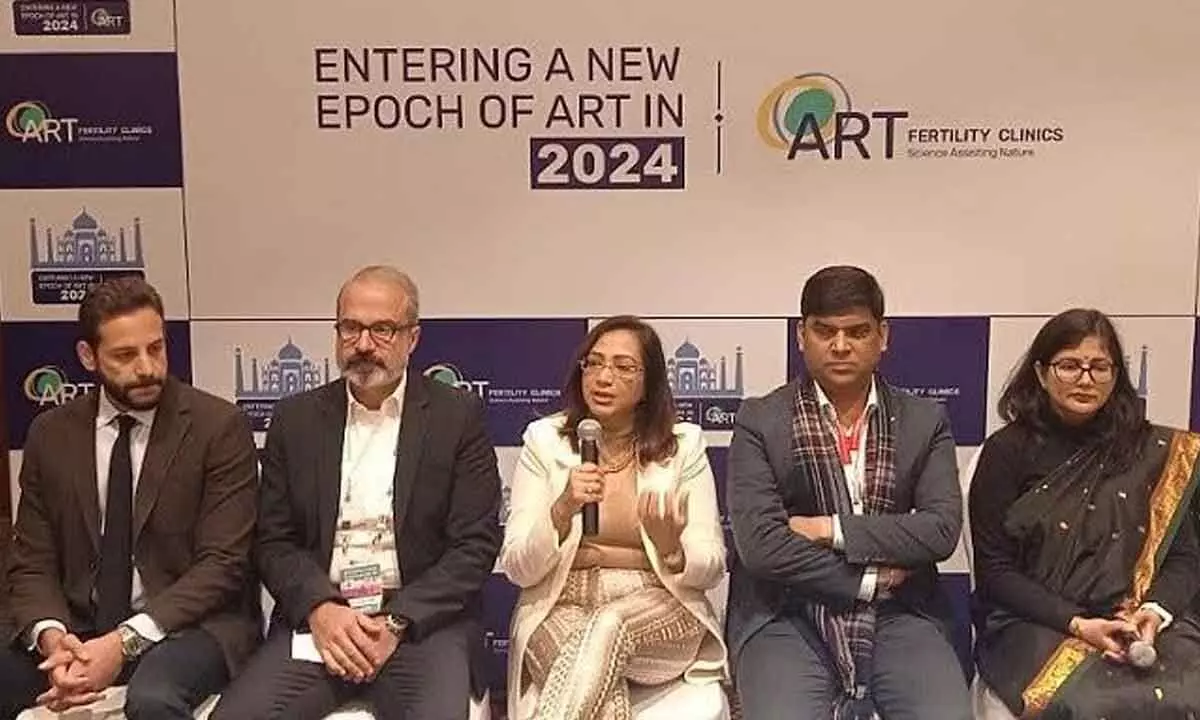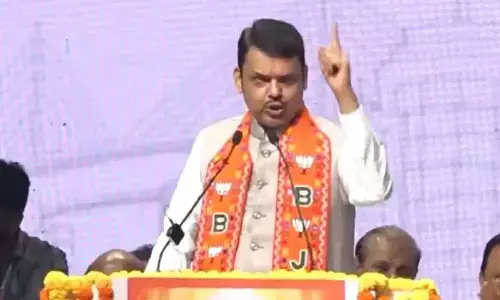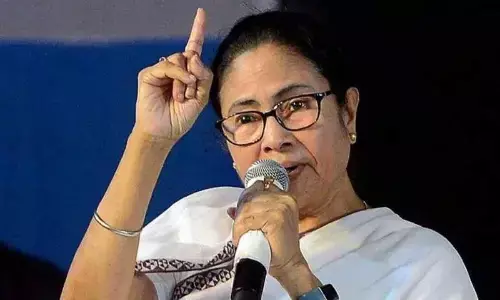EU Ambassador to India visits IIIT Hyderabad’s Smart City Living Lab

Hyderabad: Hervé Delphin, Ambassador of the European Union to India, along with EU delegates (PierrickFillon-Ashida, First Counsellor, Head of the Research and Innovation Section, Delegation of the European Union to India and Sara Zennaro, Counsellor for Trade and Economic Affairs, Delegation of the European Union to India) visited IIIT Hyderabad’s Smart City Living Lab recently.
Established with support from MEITY, the Smart Cities mission, and the Government of Telangana, IIITH’s Smart City Living Lab focuses on various aspects such as water, energy, solar, pollution, weather, and occupancy/crowd management for smart cities.
Commenting on the visit, Benoit Sauveroche, First Counsellor, Communications, Network, Content and Technology Delegation, European Commission said, “When the EU delegation asked me if there was just one place in Hyderabad they could visit, which should it be, I recommended the Smart City Living Lab at IIIT Hyderabad”.
IIITH faculty provided an overview of the ‘live’ lab that helps test innovations before implementing them in cities. The lab has a reference stack containing sensor nodes for different aspects. Communication protocols such as 5G, 4G, WiFi, LORAWAN, and Wi-SUN are utilized. The data is then sent to OneM2M, adhering to IoT standards and interoperability. Data is stored in a data warehouse with standardized information models using IUDX as a data interchange layer. This ensures a standardized view of all sensor data, accessible to multiple stakeholders, including research and government. Currently, 300 nodes have been deployed across the campus.
Low-cost sensors were showcased, monitoring air quality parameters like PM2.5, PM10, water level, and quantity. A retrofit model for water management was also explained, involving a small cap on analog meters to monitor water flow and send values. The Center of Excellence (CoE) on IoT and oneM2M for Smart Cities at IIITH was highlighted, particularly focusing on water level, flow, and quality monitoring. The CoE was funded by India-EU collaboration project on standardization and its activities resulted in Smart City Research Center at IIITH.
The EU delegation raised questions about waste management, emphasizing its societal importance. The meeting touched upon IIIT's openness to startups and new ideas, highlighting a startup called HydrowVerse focused on water monitoring.
Dr Aftab Hussain discussed Wi-SUN technology, utilizing mesh topology and comparing it with LORAWAN. The scalability and self-healing network features of Wi-SUN were highlighted, particularly beneficial for city-wide deployments.
The EU delegation inquired about partnerships and collaborations with IIIT Hyderabad. Prof. Ramesh Loganathan explained IIIT's partnerships, including collaboration with Silicon Labs. He also discussed the ongoing Smart City mission, connecting with the city operating platform currently under development.













